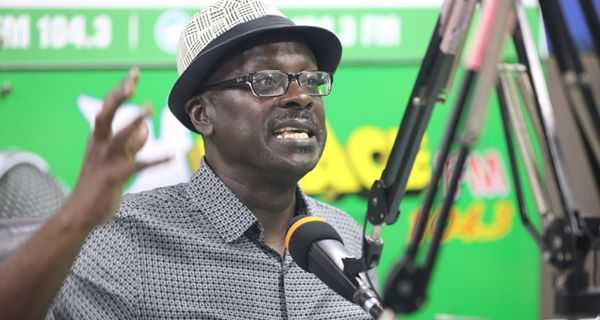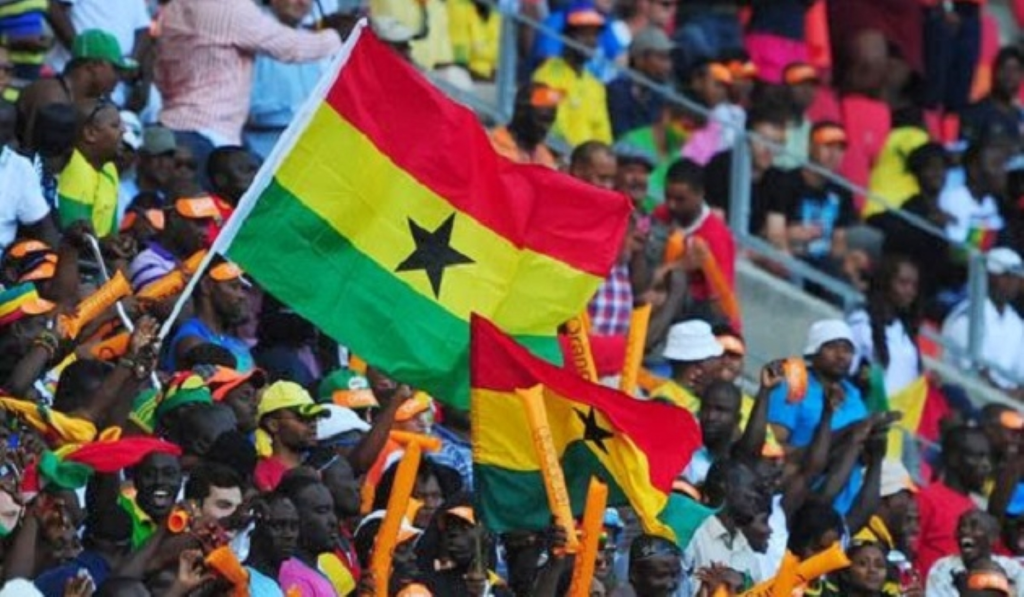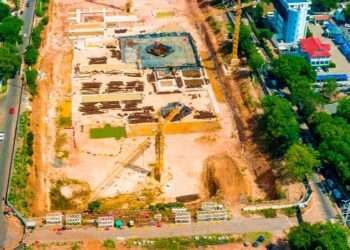Coup nostalgia in Ghana, fueled by growing public disillusionment, is being attributed by leading voices in academia and civil society not to historical ignorance but to mounting frustration with the country’s current democratic failures.
Commenting on recent remarks made by Yaw Nsarkoh, former Executive Vice President of Unilever Global, Professor Stephen Kwaku Asare, a legal scholar and Democracy and Development Fellow at CDD-Ghana, asserted that the country’s democratic framework is under serious threat—not from historical ignorance, but from political misgovernance.
Nsarkoh had pointed out that “76% of Ghanaians have never experienced a coup”, adding that this generational gap may explain a dangerous romanticism of military takeovers among younger citizens.
While Professor Asare agreed that such romanticism is indeed reckless, he quickly noted that nostalgia is not the root cause of the sentiment.
“Yes, generational distance from military rule may blur the horrors of the past. But the real driver of coup nostalgia is not amnesia. It is anger. It is the lived experience of a democracy that feels rigged, elite-captured, and unresponsive.
“Most people are not fantasizing about strongmen because they’ve forgotten their history. They’re doing so because they see no consequences for galamsey, for looted lands, for the cathedral debacle, for naked theft cloaked in political legitimacy. They see charlatans leading parties, prosecutions stalled, and wrongdoing rewarded.”
Professor Stephen Kwaku Asare

At the heart of his message was a pointed caution directed at political leaders and institutions.
The legal expert emphasized that if the current conditions remain unchanged, any future threat to Ghana’s democratic stability would not rest solely with those advocating for coups—it would also reflect the failure of those in power whose conduct has made such extreme measures appear to be the only path to justice.
He made clear that the responsibility would fall on those whose actions have fueled the perception that democratic avenues are no longer effective.
Calls For Reform Amid Coup Agitations
Amid the growing national debate, Prof. Kwaku Asare emphasized that addressing public disillusionment requires more than speeches about civic responsibility—it demands a fundamental transformation of the political system.
He argued that curbing the appeal of coups hinges on strong and principled leadership.
According to him, reversing the current wave of dissatisfaction will require bold reforms, including the elimination of corruption, greater transparency in governance, and a commitment to real accountability.

“So no, we don’t want coups. But we must say this too: those whose actions are making coups appealing will bear the blame if that line is crossed. You can’t preach democratic virtue while protecting impunity. You can’t mock coup nostalgia while ignoring why it’s rising.”
Professor Stephen Kwaku Asare
As long as Ghana’s democracy remains a tool for personal enrichment and tribal favoritism, he warned, dissatisfaction will only fester, making authoritarian alternatives look increasingly attractive.
Adding his voice to the debate, political activist and lawyer Oliver Barker-Vormawor supported Asare’s sentiments but challenged the underlying assumptions in Nsarkoh’s original argument.
He contended that Nsarkoh’s focus on generational inexperience was dismissive and failed to address the broader systemic issues that cut across age groups.
According to Barker-Vormawor, the idea that if more Ghanaians had lived through a coup, they would not desire one, is an oversimplification.
He argued that many who have witnessed coups firsthand are just as disappointed with the Fourth Republic.
“The 4th Republic must earn its keep on its own terms,” he said, criticizing the tendency to glorify democratic governance without acknowledging its failures.
He stressed that for democracy to hold true value, it must tangibly enhance the lives of citizens rather than serve as a hollow concept used to rationalize complacency.
In his view, the current democratic framework in Ghana has become more of a veneer—one that conceals self-interest and perpetuates selective justice based on ethnicity and political affiliation.

“I am a dissenter by nature, and I agree. I agree that dissent is best protected in a democracy. So I don’t say that the 4th Republic must improve because I want a coup per se. I just want us to stop romanticizing the 4th Republic just because, and without more, it calls itself a democracy.”
Oliver Barker-Vormawor
Accordingly, he called for a more honest assessment of the state of Ghana’s democracy, one that accepts the need for radical change rather than blind celebration.
While emphasizing that coups are not the solution, both Asare and Barker-Vormawor made it clear that the current political order is unsustainable.
They called on Ghana’s political leaders to take responsibility for the widening gap between the governed and those in power—and to act decisively before disillusionment turns into revolt.
If Ghana’s democracy is to survive the test of time, they argue, it must be reformed from within. Otherwise, the growing calls for alternatives—however dangerous—may become too loud to ignore.
READ ALSO: Institutional Shift to BoG’s Bill Mutes Secondary Bond Market– Analyst Unpacks Trends




















